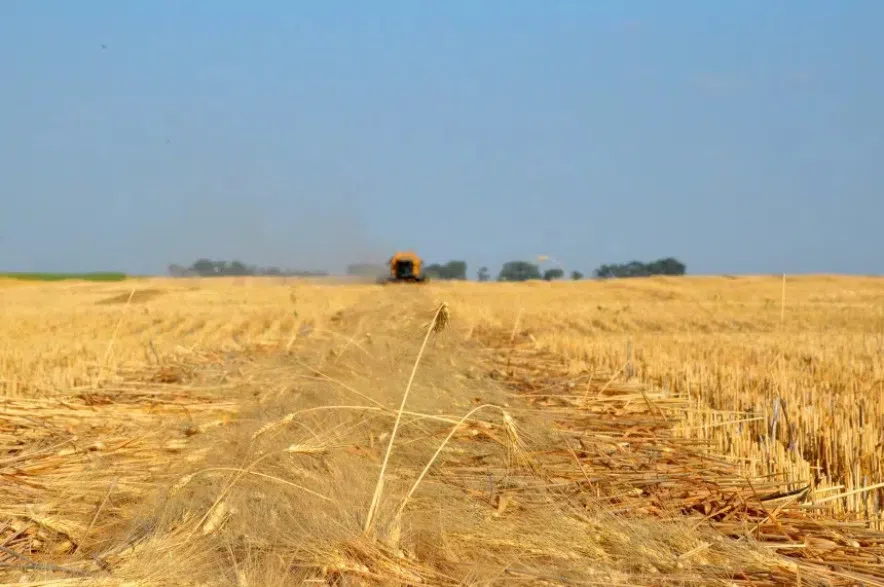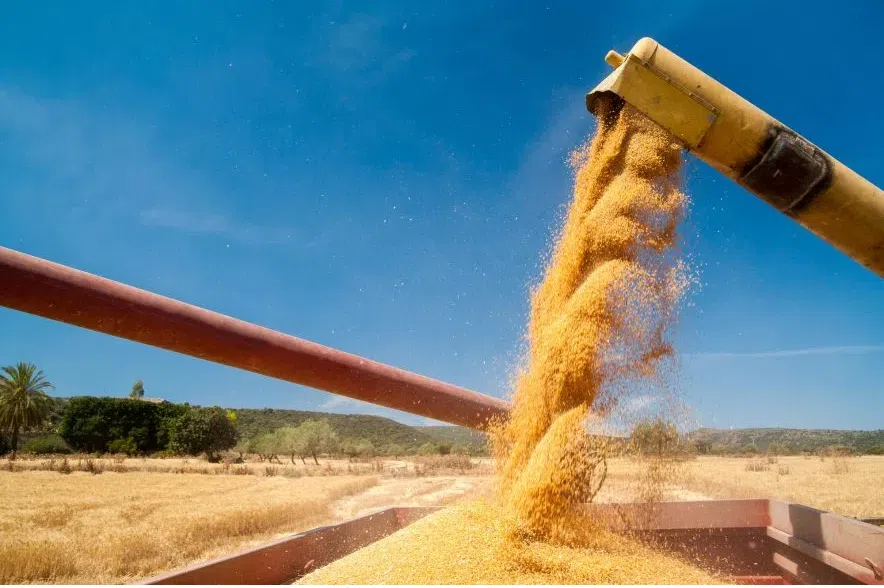Vancouver might be a 17-plus hour drive from most places in Saskatchewan, but the strike between workers and six-grain terminals there could soon have effects being felt right here in the province.
“If it goes on long enough, it means that we won’t be able to deliver grain to country elevators because the system would be backlogged,” said Ian Boxall, president of the Agricultural Producers Association of Saskatchewan (APAS).
“We (also) will become an unreliable trading partner because again we have a disruption in our supply chain.”
Boxall compares the strike between the workers and Vancouver grain terminals to be the same as the rail strike between CP and CN rail last month.
“We can’t afford these disruptions. Producers can’t, Canadians can’t, it’s a huge hit to our economy,” said Boxall.
“When it comes to grain, it’s already operating at maximum capacity. Anytime there’s a disruption in that — we lose those days — there is no way to make them up. There’s too much grain to ship through Vancouver where it just cannot be made up until this time next year just before the new crop comes off.”

“We can’t afford these disruptions. Producers can’t, Canadians can’t, it’s a huge hit to our economy,” said Boxall. (650 CKOM file photo)
Jeff Hoiness is a grain farmer in Allen, SK and said this strike is terrible timing for farmers in the province.
“This is the busiest time of year. Farmers rely on moving grain after harvest to pay the bills. Any disruption like that can be challenging for most operations,” he explained.
Hoiness doesn’t know how financially bad this could hurt them but suggests it could be a significant cost if it drags on.
Boxall reiterated that statement from Hoiness.
“They can accept grain until they’re full. If they aren’t unloading rail cars or terminals out there, then it will trickle down to where they can’t unload the rail cars and then the rail cars aren’t getting back to Saskatchewan, so then the elevators can’t empty into the rail cars and then it will trickle down to the elevators here at home,” Boxall added.
This is the second disruption in less than a month for farmers that they can’t control. Boxall is calling on the federal government to do more and prevent this from happening more often.
“As we continue to have these disruptions in our supply chains, the government needs to start looking at ways to alleviate some of these disputes. We can’t afford it. People that export like farmers can’t afford It — people that buy any good on the shelf can’t afford it — we need to make sure our supply chain is working,” he added.











